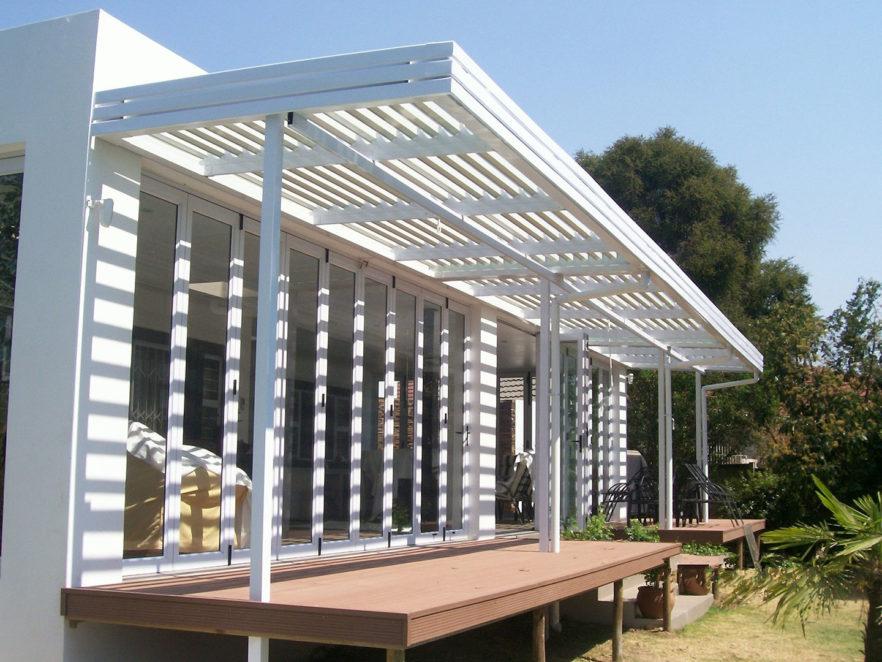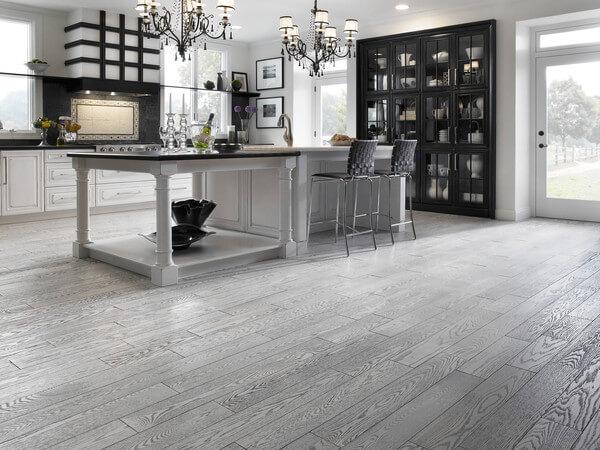Structural engineering is a branch of a larger disciple critical for setting up buildings among other things. Without civil engineers, it is impossible to set up a durable and robust structure that will last for many years to come. Structural engineering relies on mathematics and empirical knowledge to design and build the backbone of every building. Different shapes and materials are used to create structures that can resist loads and stresses. Structural engineers are tasked with the responsibility of ensuring that tall building, bridges, and other structures are safe and will not buckle or collapse when loads are applied.
The engineers assess environmental factors of a particular locale as well as the purpose of the building. These elements help them determine the best materials, shapes, and construction designs to use. The approximate weight that a building can carry is one of the top calculations they rely on to give a quote and bring the idea to life. There are a lot weight recording software on the market you can use. Other than the construction of a new building, bridge, or any other infrastructure, structural engineers will come in handy in other issues. Property owners who wish to expand their premises, add more floors, or change the use of the building need structural engineers to advice on how to handle the conversion. Working with an independent structural engineer is possible, but before contracting any of them, here are some of the factors to have in mind.
- Experience
Year of experience in construction is necessary for all structural engineers. Newcomers may not have insider secrets in the market and may end up using the wrong suppliers and brands for the different items needed. Structural engineers working in a company setting have more exposure than the fresh graduates who choose to work alone. Remember, not all engineers that lack the many years in the industry is green. Some have revolutionary ideas that improve textbook methodologies. Interviews must be conducted, and the best candidate is chosen.
2, Cost
Hiring a structural engineer requires money and the good ones come at a higher cost. s When planning to build or redesign a property, a budget must be set and it should be flexible to accommodate changes, especially for personnel. The engineer of choice should be within the budget range. If the engineer you want to work with is out of your price range, consider negotiating with them as they may be interested in your project and take the pay you offer. Getting a quotation from different engineers is the best way to gauge the market price before choosing an engineer to work with.
3, Availability
Having an engineer who oversees the work being done is what most property owners wish for. Some are busy, and they may leave instructions with the crew. Availability of the structural engineer, therefore, becomes a factor to consider before hiring one. For simple projects, it is pointless to have them on-site, but when working on complex structures such as bridges, they need to supervise the work done.
Many other factors affect the choice of a structural engineer to work with. Some projects require more than one, and this comes at an extra cost. People confuse the work of a structural engineer with that of architects. They work they do is almost similar, but they focus on different aspects. Architects are focused on the design for aesthetic purpose. Structural engineers, on the other hand, are more concerned with the loading capabilities of the building. The roles they play are intertwined but independent of each other. These two experts ought to work hand in hand to ensure that the building is safe and appealing to the eye.










